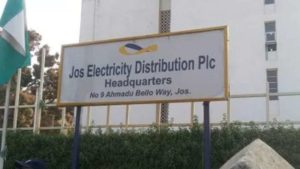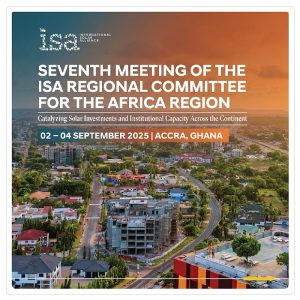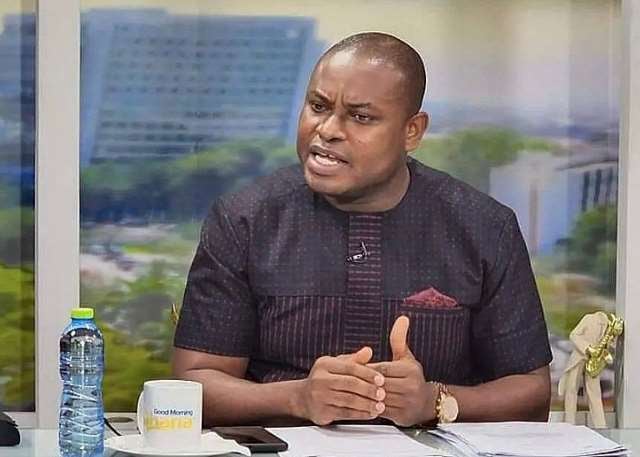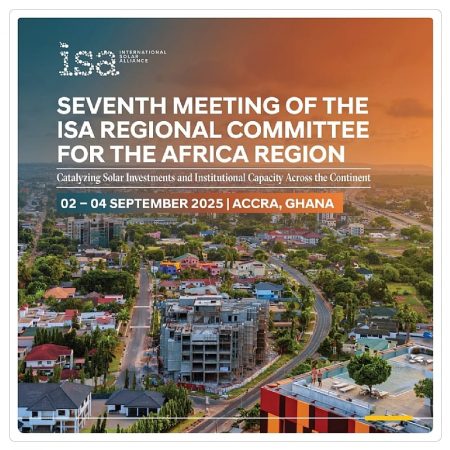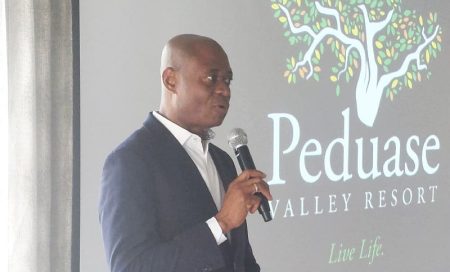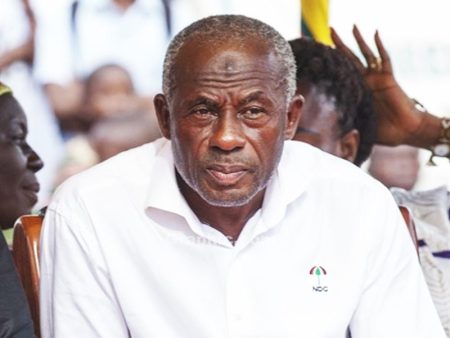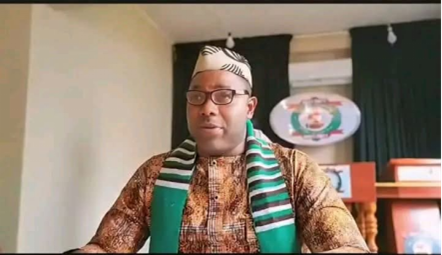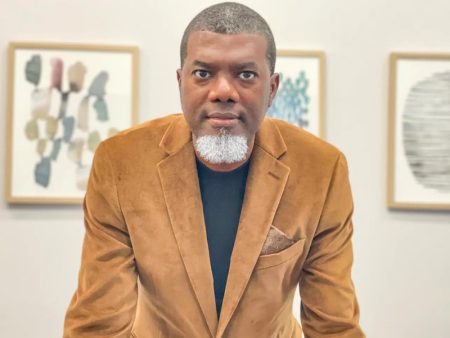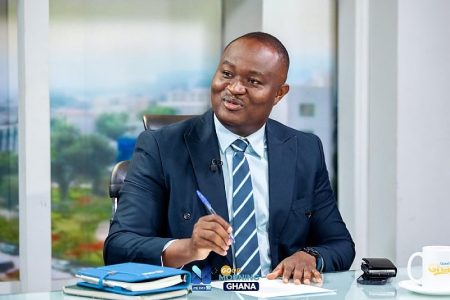The political landscape of Ghana has been shaken by the recent removal of former Chief Justice Gertrude Esaaba Torkonoo, sparking accusations of political interference and a threat to judicial independence. Richard Ahiagbah, National Communications Director of the opposition New Patriotic Party (NPP), has vehemently condemned the dismissal, pointing fingers directly at President John Dramani Mahama and the ruling National Democratic Congress (NDC). Ahiagbah argues that the removal was politically motivated, designed to subjugate the judiciary and bring it under the control of the NDC. He maintains that Torkonoo’s removal was not based on legitimate grounds of misconduct but rather served as a blatant act of political maneuvering. This action, according to Ahiagbah, has shattered any remaining semblance of judicial independence, casting a long shadow over the integrity of the Ghanaian legal system.
The core of Ahiagbah’s argument revolves around the assertion that former Chief Justice Torkonoo was innocent of any wrongdoing. He characterizes her as a victim of political machinations orchestrated by President Mahama and the NDC, who sought to exert their influence over the judiciary. The removal, he suggests, is a calculated move to undermine the checks and balances essential to a functioning democracy. By targeting the Chief Justice, Ahiagbah contends, the NDC demonstrates a willingness to manipulate key institutions for political gain, jeopardizing the rule of law and eroding public trust in the judicial process. This act sets a dangerous precedent, potentially emboldening future attempts to control the judiciary and silence dissenting voices.
The official justification for Torkonoo’s removal rested on the findings of a five-member committee tasked with investigating a petition against her. The committee cited three primary reasons for her dismissal. First, she was accused of authorizing the Judicial Service to cover the expenses of private holiday trips for her husband and daughter in 2023. This action was deemed an irresponsible use of public funds. Second, the committee found her guilty of abusing her discretionary powers in the transfer of a judicial officer, Mr. Baiden, which they argued was a violation of Article 296 of the Constitution. Finally, the report accused Torkonoo of interfering in the judicial appointment process, specifically by circumventing the established procedures for nominating Supreme Court judges. This was deemed a breach of precedent set in the Ghana Bar Association case.
However, Ahiagbah and the NPP reject these justifications, viewing them as a smokescreen for a politically driven agenda. They question the timing and nature of the investigation, suggesting it was a predetermined outcome designed to eliminate a perceived obstacle to the NDC’s control. The accusations of financial impropriety, abuse of power, and interference in appointments, they argue, are merely convenient pretexts to justify a politically motivated removal. By challenging the legitimacy of the committee’s findings, the NPP aims to expose what they see as a concerted effort to undermine the independence of the judiciary and consolidate political power.
This controversy highlights the delicate balance between the executive and judicial branches of government. The independence of the judiciary is a cornerstone of a democratic society, ensuring that the rule of law is upheld and that all individuals are subject to fair and impartial justice. When the executive branch exerts undue influence over the judiciary, it jeopardizes this fundamental principle, creating an environment where political considerations can trump legal principles. The removal of a Chief Justice under such circumstances raises serious concerns about the integrity and impartiality of the judicial system, undermining public confidence and potentially destabilizing the democratic process.
The fallout from this event will undoubtedly have long-lasting implications for Ghana’s political landscape. The accusations of political interference will likely fuel further distrust and polarization between the ruling NDC and the opposition NPP. The ongoing debate about the legitimacy of the removal process and the validity of the accusations against Torkonoo will continue to dominate political discourse. Furthermore, this incident raises crucial questions about the mechanisms in place to protect the independence of the judiciary and prevent political interference. The need for robust safeguards and greater transparency in judicial appointments and disciplinary processes will likely become a central focus of future reforms aimed at strengthening Ghana’s democratic institutions.


